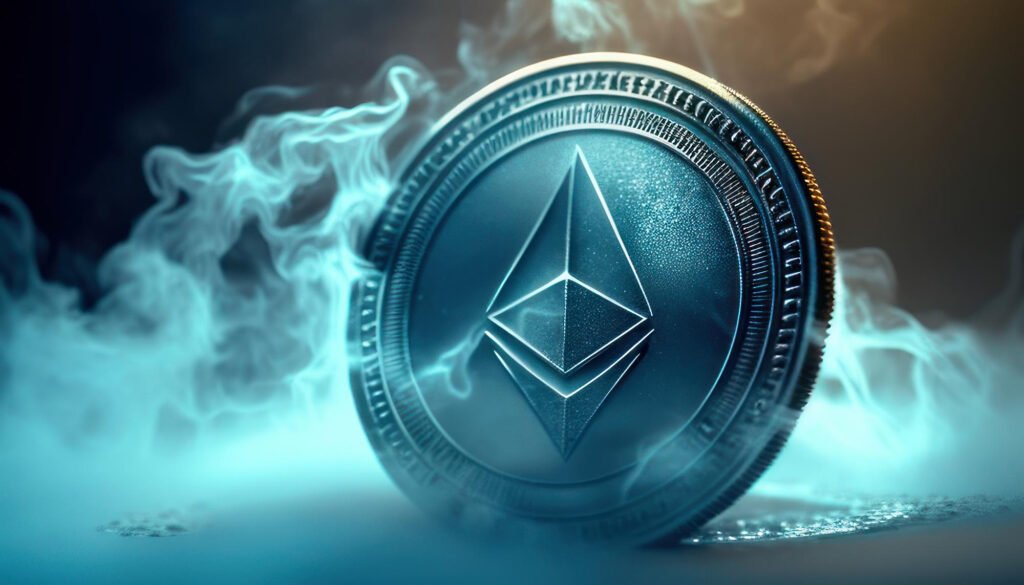The U.S. Securities and Exchange Commission (SEC) has postponed its decision regarding the approval of the BlackRock spot Ethereum exchange-traded fund (ETF).
BlackRock filed an application with the SEC in November for an “iShares Ethereum Trust,” and if approved, the trust would be listed on NASDAQ.
In January, the SEC approved nearly a dozen Bitcoin spot ETFs, sparking a trading frenzy as demand for these products continues to rise. One of the eleven approved Bitcoin spot ETFs is the BlackRock iShares Bitcoin Trust, trading under the ticker symbol “IBIT.”
Since its launch less than two months ago, the BlackRock IBIT ETF has amassed $10 billion in assets under management (AUM).
Current Status of Spot Ethereum ETF Applications
As of February, investment firm Franklin Templeton became the latest asset manager to submit an application for a spot Ethereum ETF with the SEC, joining a lineup that includes BlackRock, Fidelity, Grayscale, VanEck, Invesco, Galaxy, as well as Cathy Wood’s Ark Invests and 21Shares, all of which have also filed applications for a spot Ethereum ETF.
Reasons for SEC Decision Delays
The SEC’s decision to delay reflects a careful stance towards crypto ETFs, as the regulator evaluates the various risks and regulatory factors associated with such ETFs. It took more than ten years to approve a Bitcoin spot ETF in 2024. The Winklevoss twins initially filed for a Bitcoin ETF in July 2013, but it faced repeated rejections.
Ethereum Gas Fees Surge
Ethereum retains its position as the second-largest cryptocurrency by market capitalization, trailing behind Bitcoin. Gas fees within the Ethereum network have surged to levels unprecedented since March 2023. This surge is attributed to the growing interest in an experimental token standard known as ERC-404, as reported by Hassan Shittu from Cryptonews.
On February 9, Ethereum gas prices spiked to an average peak of 70 gwei, amounting to $60 for a standard transaction. At their peak, gas costs reached as high as 377 gwei, a level unseen since May 12, 2023. Various factors have contributed to this increase in gas fees, with the primary driver being the excitement surrounding the ERC-404 token standard.
